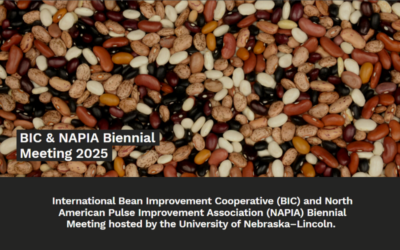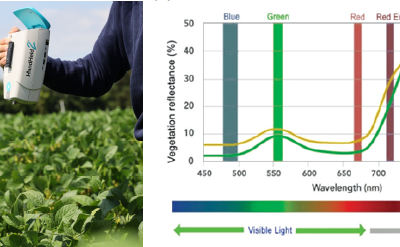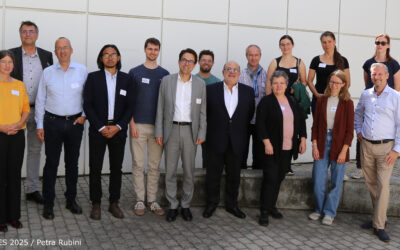Boosting innovation in breeding for the next generation of legume crops for Europe
The Legume Generation consortium is dedicated to enhancing legume breeding in Europe by fostering collaboration between entrepreneurial breeders and an inventive research community. Our approach involves six breeder-led innovation communities, each focusing on a specific crop species or type: soybean, lupin, pea, lentil, phaseolus bean, and white and red clover. These communities drive innovation by connecting practical breeding with cutting-edge research in a transdisciplinary framework.
Our activities include gathering intelligence on ideotype concepts, beneficial traits, and breeding methods; creating and validating novel resources; screening and testing germplasm and new cultivars in different regions; and providing training to support breeding gains. We also develop governance and financial models, business plans, and facilitate internal and external communication through the European Legume Hub.
With over 40 breeding and pre-breeding programmes, we aim to significantly boost these by accelerating the production of novel germplasm. Our goal is to innovate up to the point where newly bred germplasm and cultivars are proven for use on farms, supporting the expansion of legume production. The innovation communities are open to all relevant actors, ensuring direct dissemination of results to other users and stakeholders. Sustainable practices beyond the project’s life will be facilitated through robust business plans.
Project frame
Funding: Horizon Europe (EU), United Kingdom, Switzerland, New Zealand, United States of America
Programme: HORIZON-CL6-2022-BIODIV-02-two-stage
Grant Agreement No: 101081329
Coordinator: Lars-Gernot Otto, Leibniz Institute of Plant Genetics and Crop Plant Research (IPK)
Scientific coordinator: Donal Murphy-Bokern
Duration: September 2023 – February 2028
Legume Generation on Cordis
Legume Generation on the Legume Hub
News
Poster presentation at the BIC & NAPIA Biennial Meeting 2025
The Legume Generation's Bean Innovation Community presented a poster at the BIC & NAPIA Biennial Meeting 2025 in Lincoln, Nebraska, USA. The BIC & NAPIA meeting aimed to: To provide a forum on recent research developments and plans for projects in pulse crops...
Phenotyping of European soybean varieties with different time to maturity for drought tolerance
Benedikt Johannes PillerSoybean is the major crop for high-protein feed and food in Europe, however domestic production is low due to non-adapted varieties for drought events and time to maturity. Especially, drought stress during growing season can cause severe yield...
Strategies and Management of Intellectual Property in Plant Breeding and Plant Sequencing
Our partners from Saatzucht Gleisdorf were invited to present the Legume Generation phaseolus bean Innovation Community and the Phaseolus bean field trial in 2025 at a joint Workshop of WIPO, BRIN and AGES in Vienna on 26 August 2025. The workshop dealt with the topic...



